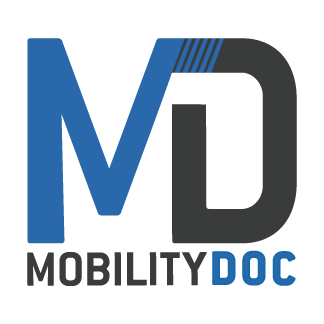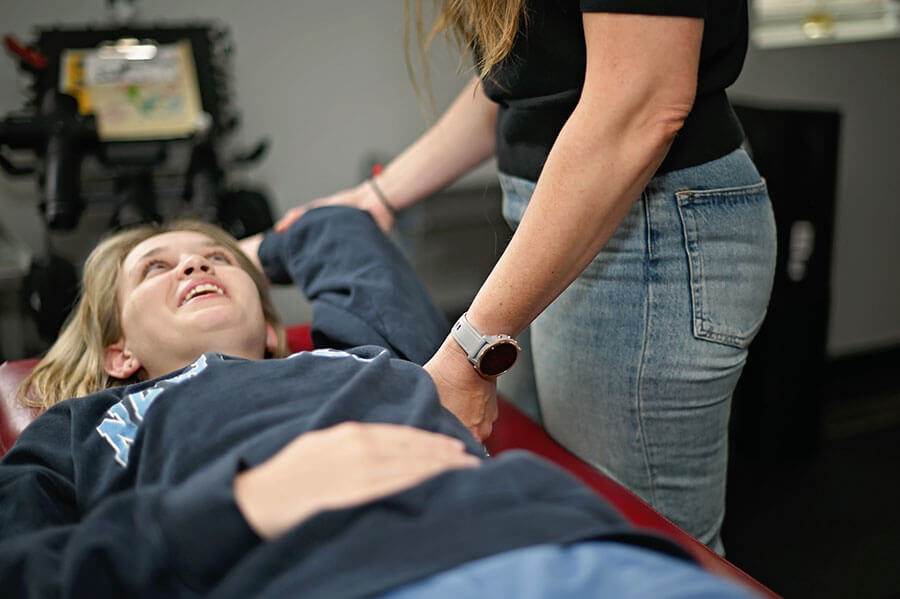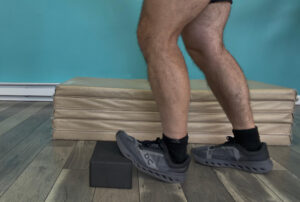Something that has been around for a long time but is increasing in popularity is the idea of prehab. What is prehab you ask? Injury prevention or something to do before your surgery? Would you be confused if I answered yes to both? We are going to compare the differences between the two versions but focus on the pre-surgical aspect. Not only are we going to talk about what it is, we are going to discuss why it’s important and if it’s right for you.
What is Prehab?
Nowadays the term prehab is used multiple ways. One way it’s described is for preventative rehabilitation. When discussed this way it is typically used for specialized athletes. You can think of this as cross training. These athletes work specific movements into their programming for injury prevention. More often than not, these exercises target asymmetry. If you’re not sure what that is, check out our earlier blog.
The way we like prefer to define prehab at Mobility-Doc is the term pre-rehabilitation. This is geared more towards use before surgery. Just as your surgeon helps you, a physical therapist can also help prepare you for what your experience will be. As the person that will be handling the post-surgical rehabilitation, the physical therapist will be able to walk you through step by step what their plan of action is. This is great to help you prepare mentally for what’s to come. What are some other reasons why you should start rehabilitation before your surgery?
Why is Prehab Important?
There are 2 main reasons we encourage people to do prehab. First, seeing the physical therapist you choose before surgery helps them get a good idea of your baseline. This baseline is a feeling of what your regular range of motion and strength are. At Mobility-Doc we use that information as a post surgical short term goal. Ideally this is where we like to get our patients quickly post surgery. Since we already know what you were capable of, it’s easy to appropriately set this goal.
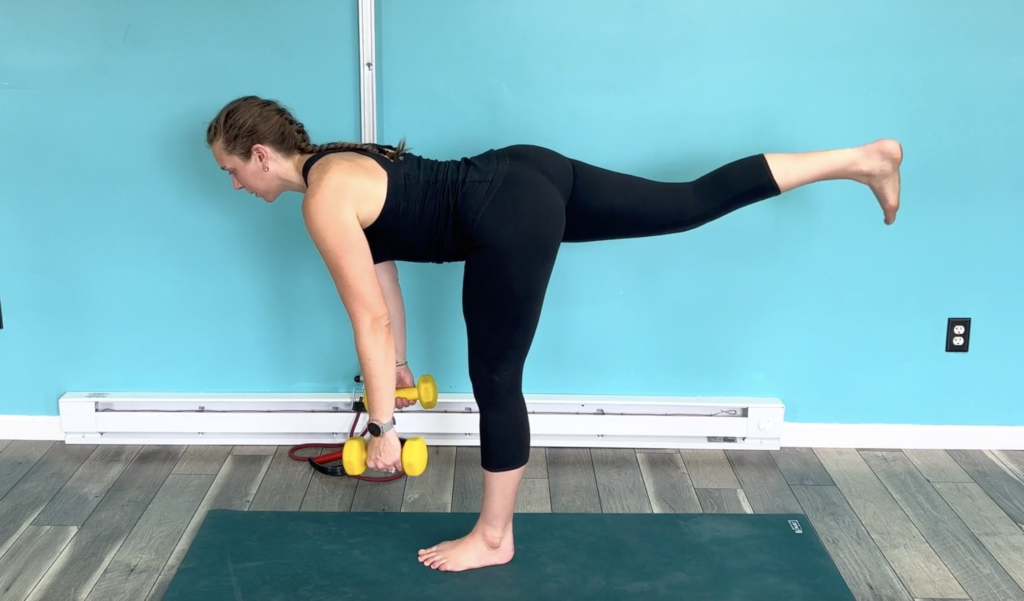
The second reason is to reclaim as much pain free range of motion and strength as possible. Basically we want you to be in the best shape you can be pre-surgery. This benefits you in many ways. It can help you have less time in in-patient care and may also help expedite your recovery. Sounds too good to be true, I know, but starting with strong muscles and mobile joints is key! Undergoing surgery naturally means your muscles will atrophy, or get weaker, and become stiff. This is because the majority of surgeries have a period of inactivity to allow our bodies to heal.
Should I do it?
Everyone is unique which means your body and surgery are special to you. That is why it’s important to give yourself a jumpstart to keeping your body in the best shape possible. The stronger and more mobile you are before surgery directly relates to your starting point afterwards. You will have an easier starting point if you put in the work beforehand.
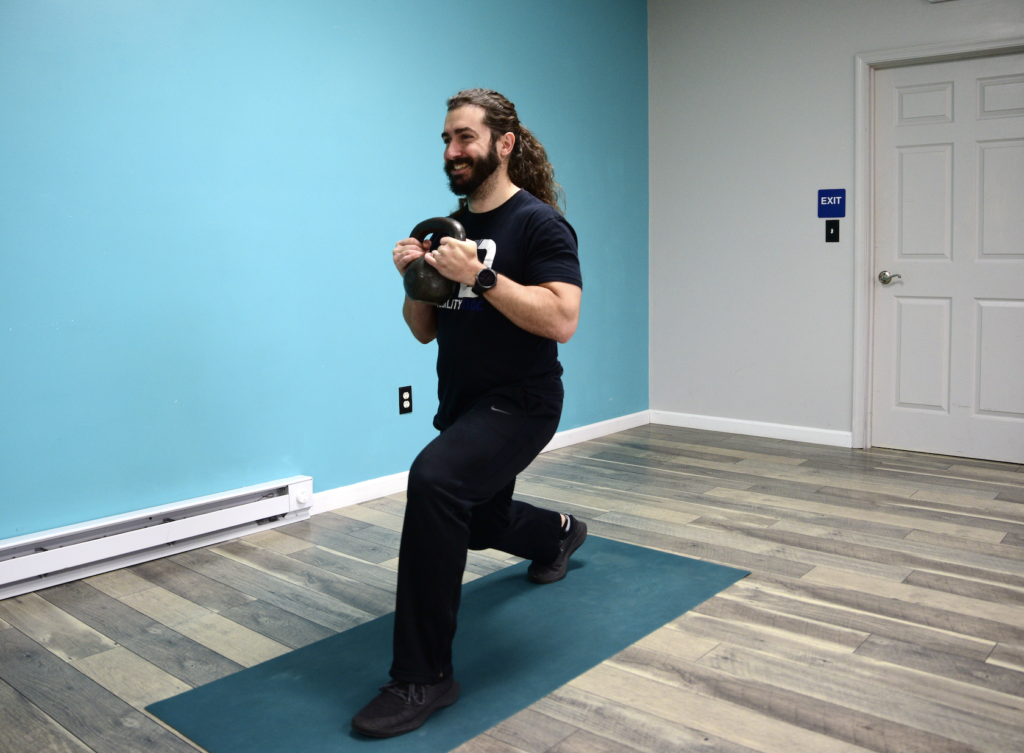
Not all injuries can be prehabed. Examples of suitable injuries are hip or knee replacements, and rotator cuff injuries. Prehab is not something you should go to just anyone about. You need to be sure you’re working with a doctor who is versed in your type of injury and understands the different aspects of the surgical outcome. If you’re not sure if prehab is right for you, talk to your doctor or surgeon. If you still aren’t sure, feel free to make an appointment and ask our Dr. ‘s here at Mobility-Doc if you’re a good candidate for this type of work.
Try out this power combination of movements. You’ll get a stretch and dynamically improve your shoulder stability all at the same time!
